One of the delights of reading is that it offers us to access to so much knowledge – including the work of great thinkers and scholars both past and present. Developing a love of learning can help us become more interesting people, insure us against the unexpected (such as the need to change jobs) and help keep our mental acuity for longer. Here are some “brain food” on a range of topics that are interesting and readable for different ages:
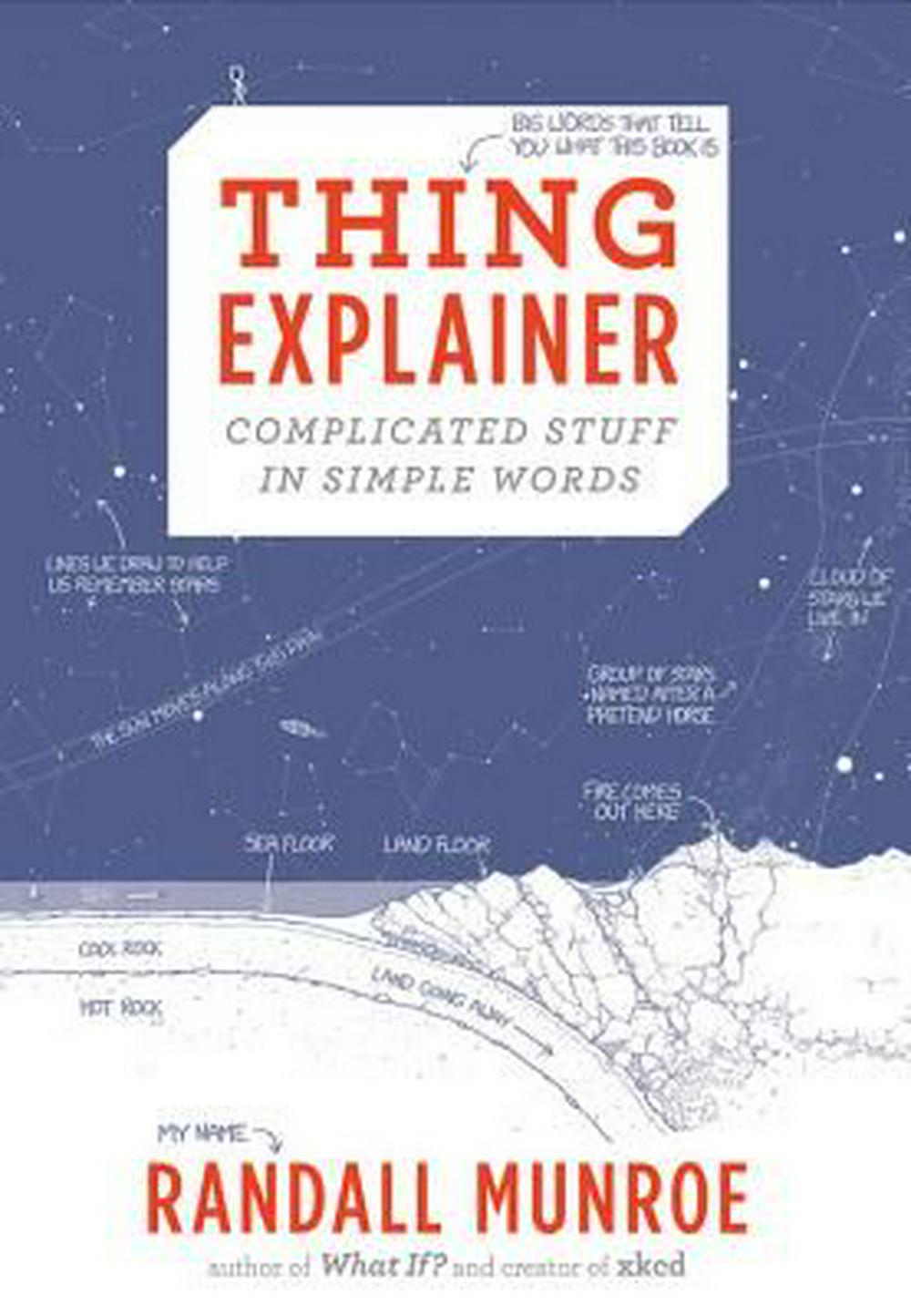 Thing Explainer: Complicated Stuff in Simple Words by Randall Munroe
Thing Explainer: Complicated Stuff in Simple Words by Randall Munroe
Thing Explainer was a hit during the last Christmas gift-giving season, and it’s easy to understand why. It has an appealing premise (explaining complex scientific knowledge using only the 1000 most frequently-used English words), beautiful production values (a large-format hardback with intricate line drawings, in blue-and-white reminiscent of blueprints), educational cred (Randall Munroe is a former NASA robotics scientist) as well as a sense of humour (he has a cult following as the author of xkcd, a geeky webcomic; and the illustrations contain stick figures!). I love Thing Explainer because it is truly Brain Food for All Ages – while the simple vocabulary makes these concepts more accessible, it also creates constraints; the result is a sort of cryptic puzzle that is challenging and hilarious (a famous example is calling the Saturn V Rocket “Up Goer Five”).
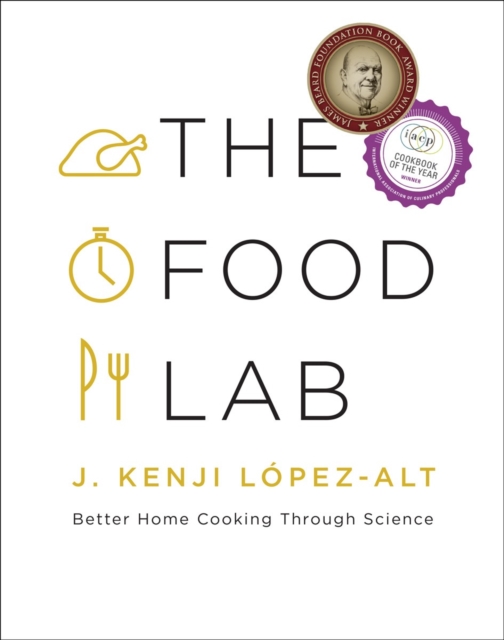 The Food Lab: Better Home Cooking Through Science by J. Kenji López-Alt
The Food Lab: Better Home Cooking Through Science by J. Kenji López-Alt
The Food Lab is the latest in a long line of books exploring the science of cooking, a topic of current interest through the work of chefs such as Heston Blumenthal and Ferran Adrià. What makes it different (and visually stunning) is that it is both a science text AND a recipe book. Basically, The Food Lab uses the scientific method to work out the best way to cook a dish, then explain why it works. It is a skilful combination of explanations, instruction, reference and classic homestyle recipes. By showing the science behind cooking processes, The Food Lab will help you become a better and more confident cook – able to experiment beyond following a recipe to the letter.
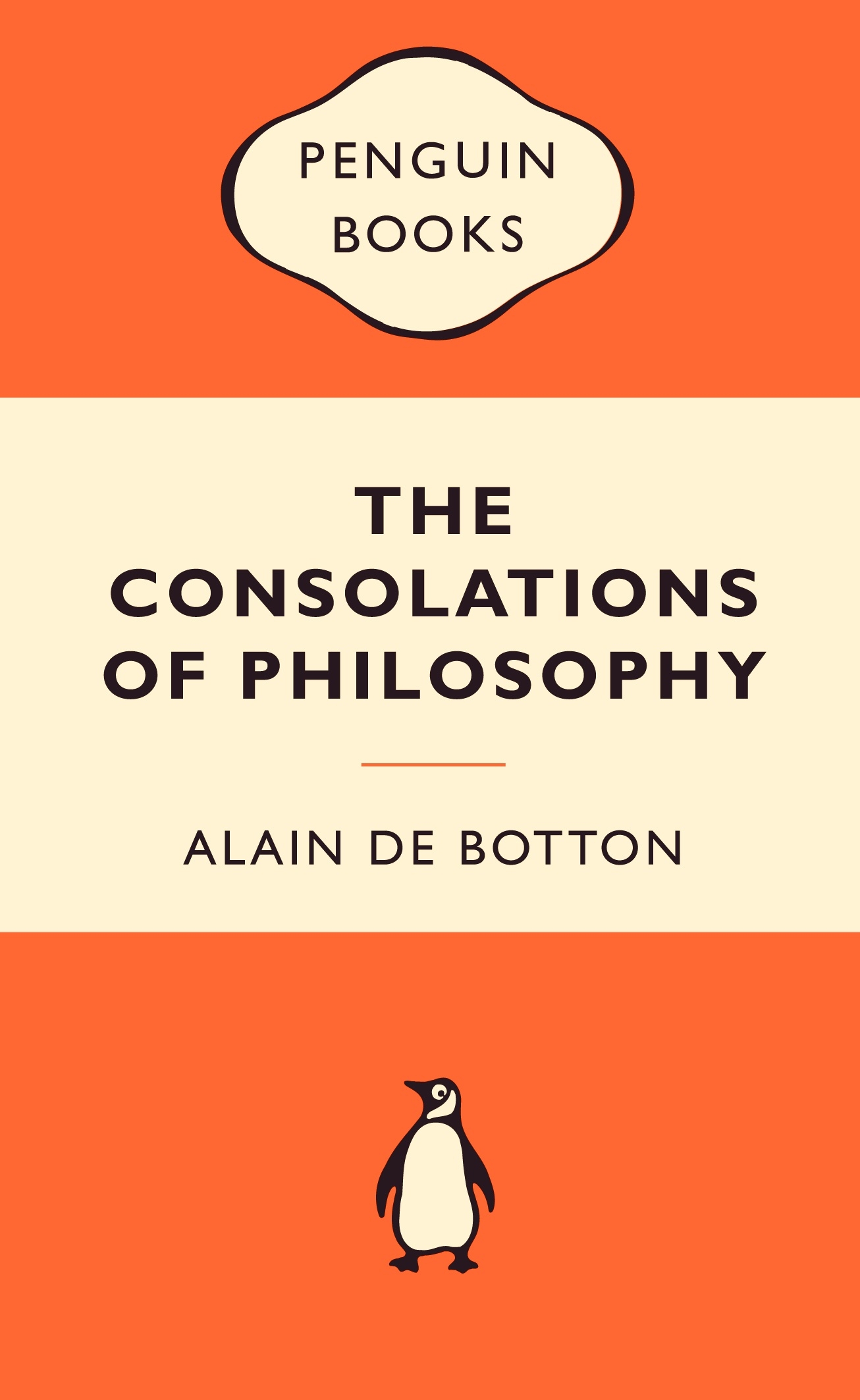 The Consolations of Philosophy by Alain de Botton
The Consolations of Philosophy by Alain de Botton
Alain de Botton is a philosopher and writer who has made his name highlighting the relevance of philosophy to modern life. In The Consolations of Philosophy, he reinterprets the thinking of six great philosophers, to show how they can offer valuable advice about life problems. The resultant essays include Socrates for unpopularity; Epicurus for not having enough money; and Schopenhauer for having a broken heart. Consolations of Philosophy is part Philosophy 101, part self-help book; it is witty and readable and plays a valuable part in debunking the “worthy but intimidating” image of philosophy.
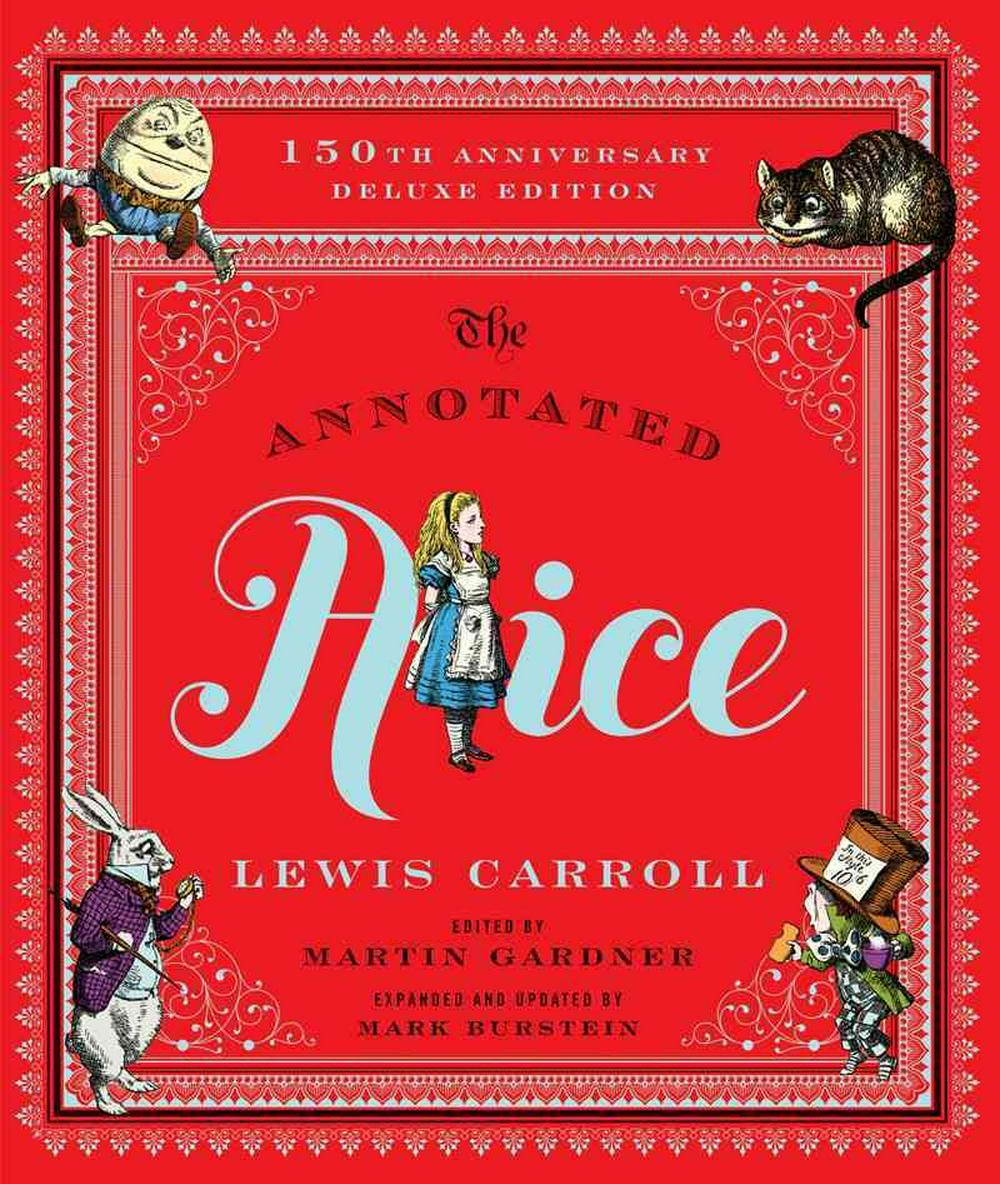 The Annotated Alice by Lewis Carroll and Martin Gardner
The Annotated Alice by Lewis Carroll and Martin Gardner
There’s more to this childhood favourite than meets the eye. The Annotated Alice contains the texts of Alice in Wonderland and Through the Looking Glass, with the classic illustrations by John Tenniel, and extensively annotated by Martin Gardner, a mathematician who was widely admired for his Mathematical Games column in Scientific American magazine. The annotations reveal a wealth of hidden meaning, from wordplay, to mathematical puzzles, literary parodies and cultural references. These rich details show that the Alice books are more than just nonsensical fantasy – enough to make you fall in love with them all over again.
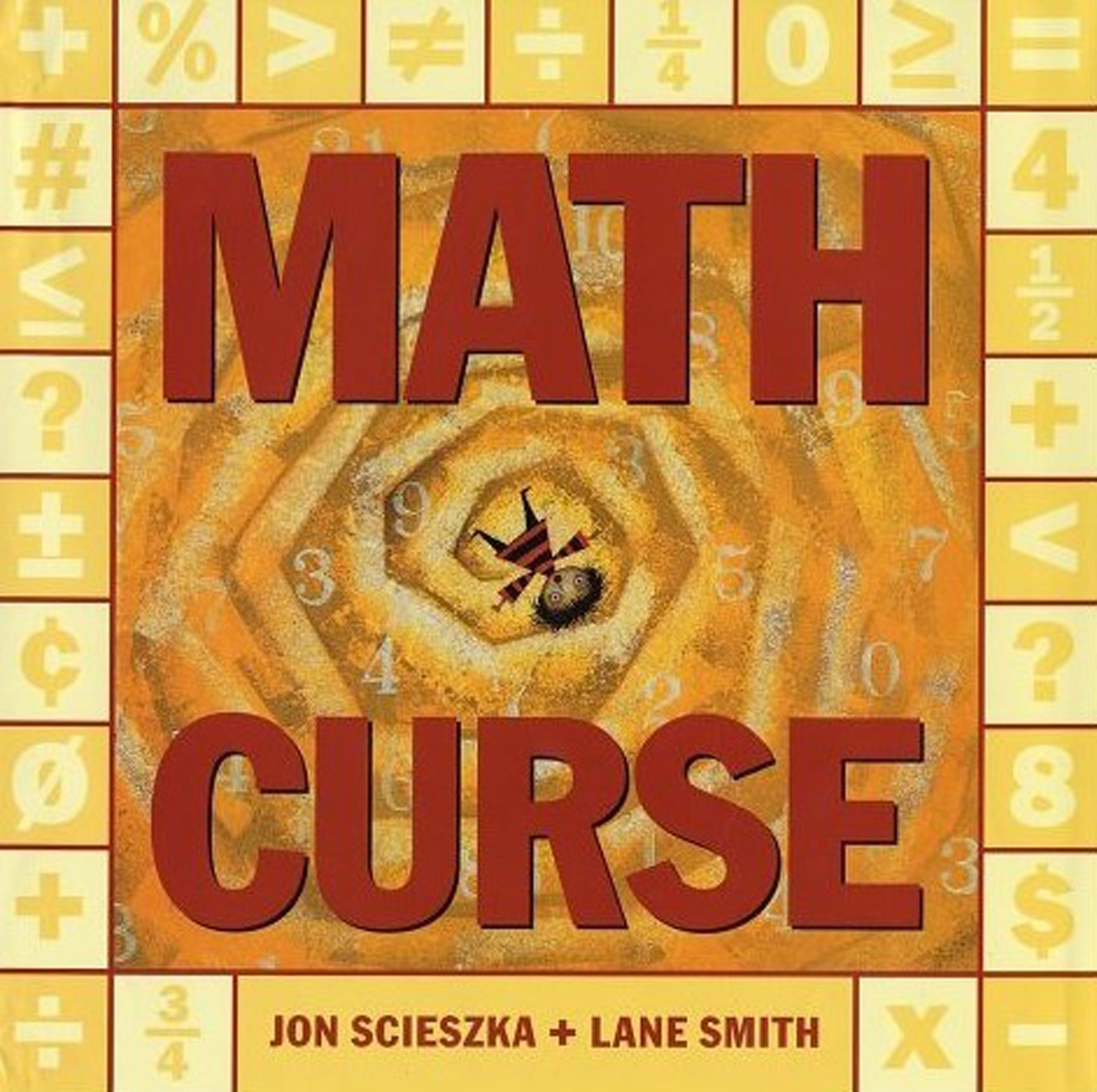 Math Curse by Jon Scieszka and Lane Smith
Math Curse by Jon Scieszka and Lane Smith
Jon Scieszka and Lane Smith is an acclaimed creative duo whose frenetic energy, wild imagination and dark humour makes maths fun and exciting in The Math Curse. An unsuspecting student becomes the victim of the Math Curse when his teacher says “you can think of almost everything as a math problem” – suddenly, his daily routine becomes a series of time problems, fractions, statistics and money sums. He feels exhausted, but manages to break his curse when he realises that a problem is no longer a problem when it has an answer. Lucky for us, the book includes all answers to the problems described. Fast-paced maths fun for ages 6-10.
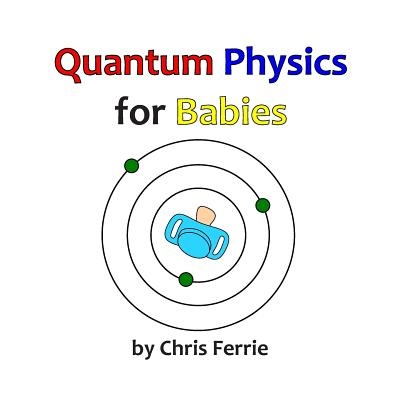 Quantum Physics for Babies by Chris Ferrie
Quantum Physics for Babies by Chris Ferrie
Quantum Physics for Babies made headlines recently when Facebook’s Mark Zuckerberg and his wife Priscilla were photographed reading it to their baby daughter. The book may seem gimmicky – Chris Ferrie, the author, assumes that it is often purchased as a novelty gift – but the content is based on Chris Ferrie’s expertise as a trained quantum physicist, and written in language aimed at young children. He has since written other physics-based picture books on Newtonian physics, optical physics and quantum entanglement. A great way for children (and parents!) to learn some important concepts and familiarise with technical language.
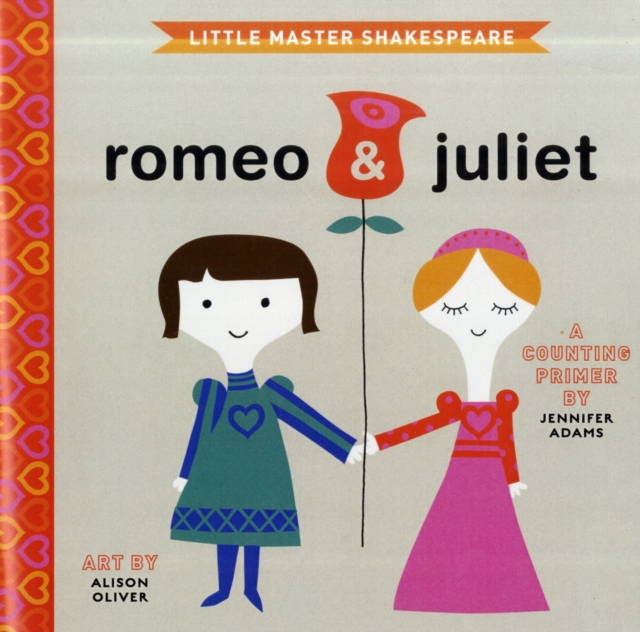 Little Master Shakespeare Romeo & Juliet: a Counting Primer and Little Miss Austen Sense and Sensibility: an Opposites Primer by Jennifer Adams
Little Master Shakespeare Romeo & Juliet: a Counting Primer and Little Miss Austen Sense and Sensibility: an Opposites Primer by Jennifer Adams
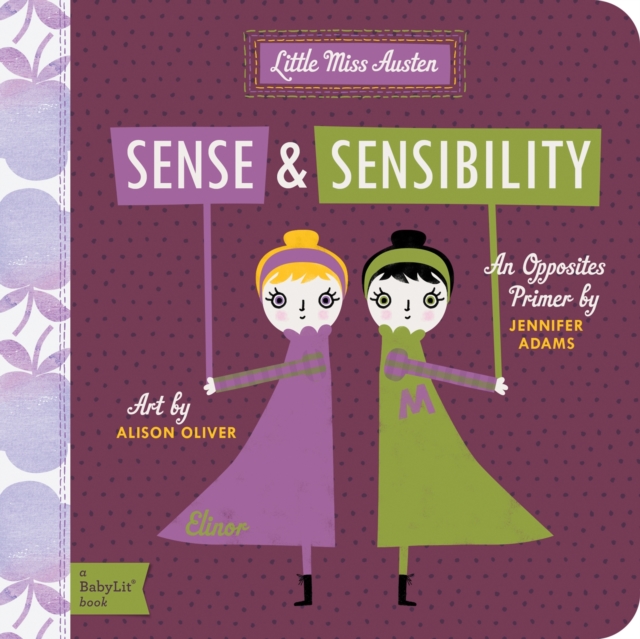 It’s never too early to get to know great literature – and the BabyLit collection aims to do just that. BabyLit is a series of cute and stylish board books based on literary classics. Fancy a counting book based on Romeo and Juliet ? Or a book of Opposites based on Sense and Sensibility ? The range of titles is growing, and includes Treasure Island (shapes), Les Miserables (French vocabulary) and Wuthering Heights (weather). The text includes themes as well as immortal lines from each work.
It’s never too early to get to know great literature – and the BabyLit collection aims to do just that. BabyLit is a series of cute and stylish board books based on literary classics. Fancy a counting book based on Romeo and Juliet ? Or a book of Opposites based on Sense and Sensibility ? The range of titles is growing, and includes Treasure Island (shapes), Les Miserables (French vocabulary) and Wuthering Heights (weather). The text includes themes as well as immortal lines from each work.